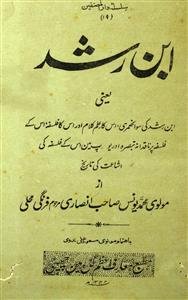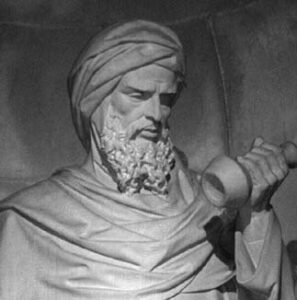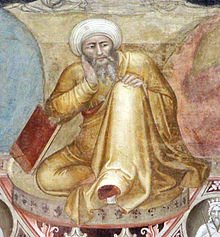Ibn e Rushd: The Philosopher of Reason and Faith
Ibn e Rushd (1126–1198 CE), also known as Averroes in the West, was one of the most influential figures in the history of philosophy, medicine, and science. Renowned for his Aristotelian commentaries, he played a crucial role in bridging Islamic and Western thought. His works in philosophy, particularly The Incoherence of the Incoherence, defended rationalism and shaped European intellectual traditions. Beyond philosophy, his contributions to medicine, law, and astronomy solidified his legacy in the Islamic Golden Age.Early Life and Education
Ibn e Rushd was born in 1126 in Córdoba, Al-Andalus (modern-day Spain), into a distinguished family of scholars and judges. His grandfather was a chief judge, and his father also held judicial positions, which deeply influenced his intellectual upbringing. Growing up in an environment that valued knowledge and legal scholarship, he was encouraged to pursue studies in various fields from an early age. Under the mentorship of renowned scholars, Ibn e Rushd received a comprehensive education in Islamic jurisprudence, medicine, philosophy, and astronomy. He studied the works of Greek philosophers such as Aristotle and Plato, alongside classical Islamic thought. This exposure to both rationalist and theological traditions helped shape his unique approach to philosophy, where he sought to harmonize reason with faith.Contributions to Philosophy and Medicine
Ibn e Rushd’s most significant contribution to philosophy was his integration of Aristotelian thought with Islamic teachings, shaping both Eastern and Western intellectual traditions. His extensive commentaries on Aristotle clarified complex philosophical ideas, making them accessible to scholars in the Islamic world and Europe. In The Incoherence of the Incoherence, he defended reason against theological criticism, emphasizing the harmony between faith and rational inquiry. Among his many philosophical advancements, Ibn e Rushd:- Bridged the gap between Greek philosophy and Islamic thought.
- Emphasized the role of logic and reason in understanding religious principles.
- Influenced major Western thinkers like Thomas Aquinas and Maimonides.
- Al-Kulliyat fi al-Tibb (The Generalities of Medicine), a foundational medical encyclopedia.
- Advancing knowledge in anatomy, pharmacology, and disease treatment.
- Shaping medieval European medical studies through Latin translations of his works.





